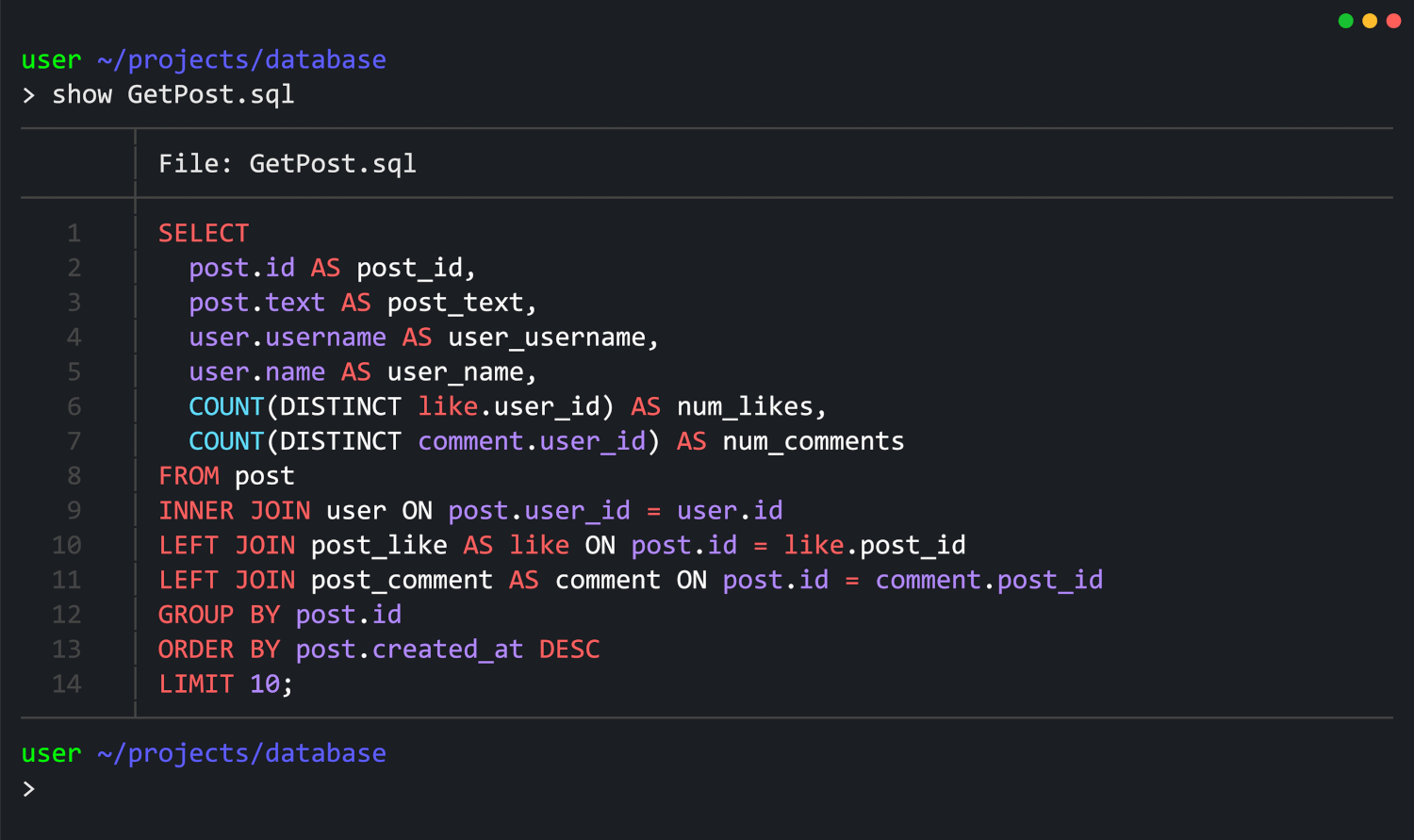MySQL
MySQL is an open-source relational database management system that uses SQL to access and modify data. The "relational" aspect means it stores data in tables with rows and columns of related data. This approach makes data management more efficient and allows for easy access and retrieval of information.
MySQL, pronounced both "My S-Q-L" and "My Sequel," is widely recognized for its speed, reliability, and flexibility. It is used by database administrators, web developers, and software programmers to manage large datasets. PHP and MySQL are popular technologies used to dynamic websites. They are both open source and are often installed by default on Linux-based servers. The combination of Linux, Apache, MySQL, and PHP is sometimes referred to as "LAMP."
One of MySQL's key features is its scalability. It can handle a wide range of data, from a few rows to millions of records. Its scalability makes it suitable for both small projects and large, enterprise-level applications. Additionally, MySQL supports a wide range of data types, allowing developers to work with various forms of data, from simple text and numbers to complex binary data.
The security of MySQL is robust, providing encrypted connections and authentication processes that effectively safeguard sensitive data from unauthorized access. Its comprehensive support for transaction processing, which allows for the grouping of several steps into a single process, is a crucial aspect of data integrity. This is particularly important in applications like e-commerce websites, where accurate and secure transactions are a necessity.

 Test Your Knowledge
Test Your Knowledge